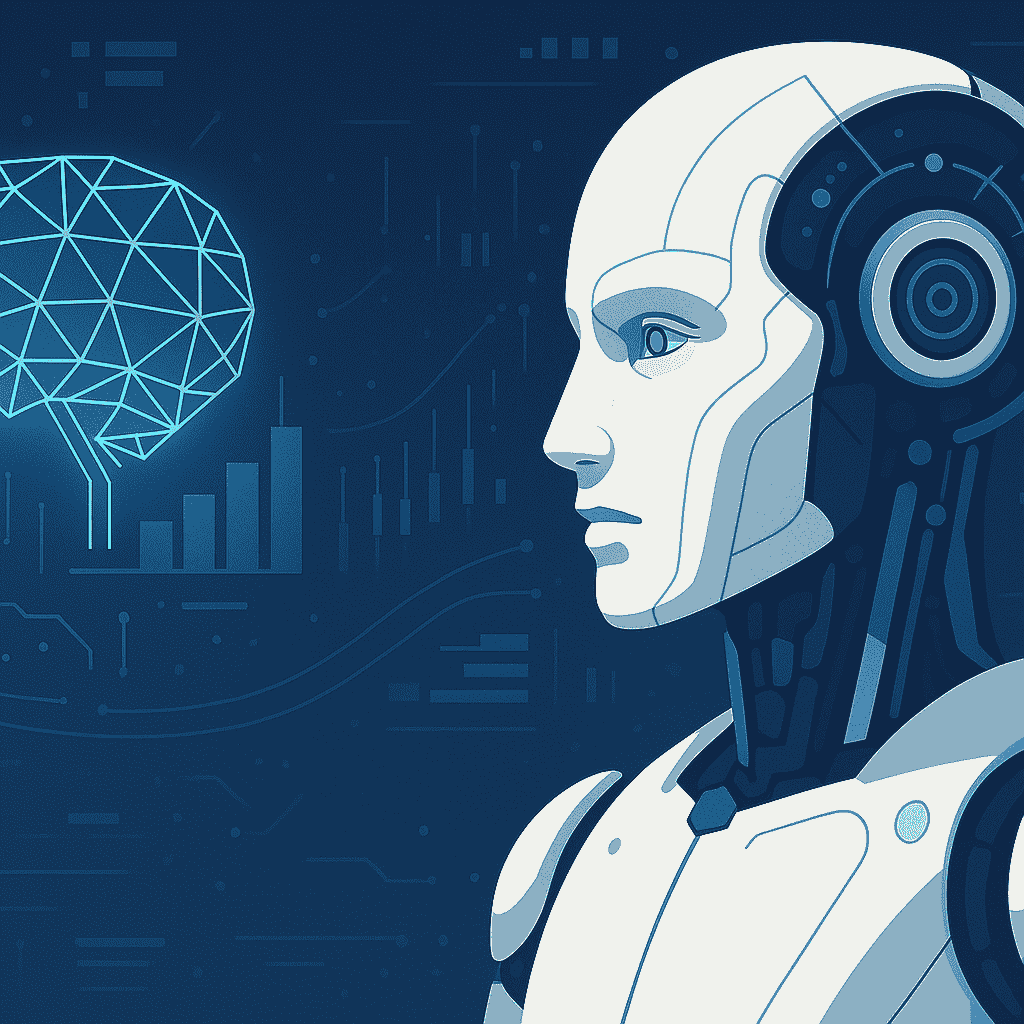From curing diseases to stealing jobs, AI in 2025 will be a game-changer—but are we ready?

Artificial Intelligence (AI) continues to evolve at a rapid pace, reshaping industries, economies, and daily life. As we approach 2025, AI advancements are expected to reach new heights, bringing both opportunities and challenges. From smarter virtual assistants to breakthroughs in healthcare and automation, here’s what the future of AI might look like in the coming year.
AI-Powered Personal Assistants Get Smarter
Virtual assistants like Google Assistant, Siri, and Alexa will become even more intuitive, understanding context, emotions, and complex commands. Expect:
- Conversational AI that mimics human dialogue seamlessly.
- Predictive assistance (e.g., AI booking appointments before you ask).
- Multimodal interactions (voice, text, and gesture controls combined).
Related: What Are the Ethical Challenges of AI-Generated Pornography?
AI in Healthcare: Faster Diagnoses & Personalized Medicine
By 2025, AI will play a bigger role in medical diagnostics, drug discovery, and treatment plans:
- AI-powered diagnostics: Algorithms detecting diseases (like cancer) earlier than human doctors.
- Personalized treatment plans: AI analyzing genetic data to recommend tailored therapies.
- Robot-assisted surgeries: More precise and minimally invasive procedures.
🔗 Source: WHO Report on AI in Healthcare
Generative AI Revolutionizes Content Creation
Tools like ChatGPT, MidJourney, and Sora will become more advanced, leading to:
- Hyper-realistic AI-generated videos for marketing and entertainment.
- Automated journalism with AI writing news articles in real-time.
- Custom AI music & art tailored to individual preferences.
🔗 Related: The Rise of AI-Generated Art
AI-Driven Automation in the Workforce
While AI will replace some jobs, it will also create new roles and enhance productivity:
- Customer service chatbots handling 80% of routine queries.
- AI-powered recruitment tools reducing hiring bias.
- Robotic Process Automation (RPA) streamlining repetitive office tasks.
🔗 Source: McKinsey Report on AI and Jobs
Ethical AI & Regulatory Challenges
As AI grows, so do concerns about privacy, bias, and misuse:
- Stricter AI regulations (similar to GDPR for AI).
- Deepfake detection tools to combat misinformation.
- Transparency in AI decision-making to prevent discrimination.
🔗 Related: The Ethics of AI: What You Need to Know
Conclusion: AI in 2025 – A Double-Edged Sword?
The future of AI in 2025 is bright but complex. While it promises efficiency, innovation, and convenience, ethical concerns and job disruptions remain key challenges. Businesses, governments, and individuals must adapt responsibly to harness AI’s full potential.
🔗 Explore More: Latest AI News & Updates
What AI trend excites (or worries) you the most? Let us know in the comments!




